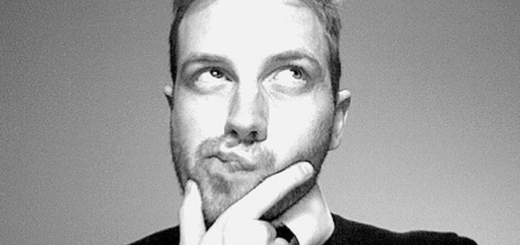It’s Not about the Device
As I continue to think about citizenship in the digital age, I realize that I believe there is simply citizenship and then digital literacy. While Ribble characterizes digital literacy as one of his nine elements of digital literacy, I belief it is the one that distinguishes itself from simply being a citizen (Ribble, 2015). This week I watched Nicholas Negroponte’s 2014 TED Talk where he talks about how computing isn’t about computers anymore, it is simply about living. If we continue to talk about technology integration we tend to focus on the device and not the learning. I have shifted the job name to Modern Learning Coach or something similar to demonstrate it is not about the device, it’s about the learning. We should never allow a teacher to ask us how they can incorporate blogging into their classroom for example. We need to focus on the learning goal. In this case the teacher may want to have students communicate and idea to a large audience to try to influence a change. At that point blogging could be a platform for this but it also may be a great way to utilize video and/or audio. I had a great conversation with a teacher last week about a potential project he wanted to do with his class. He was focused on how he could use our new Center for Innovation as part of his lesson and was focused on the tools. We went back to the learning goal and discussed that he wanted them to learn about why civilizations started near water. Then we discussed how having them design their own city could be a great demonstration of their knowledge. We talked about how it would be cool to actually build their cities and that they could 3D print them. Finally we discussed how we could talk about the impact of cities next to water with the recent hurricanes. So we decided with 3D models built we could actually flood them with water to discuss the impact. This will result in acquiring many of the nine elements Ribble discusses authentically through the lesson instead of simply talking about them.
A couple other things I did this week involved googling myself and exploring net neutrality. It is always a good practice to google oneself but I always approach it with a different slant. Usually people are hoping not to find bad things. I am hoping to find good things. I was a little disappointed this time as I had to scroll a couple pages to find my work. I hope to continue to work on this in the future. I also thought about how net neutrality can affect what our students can access. Keeping an open internet is very important for our future as citizens. We need to make sure our internet providers aren’t allowed to throttle or block content based on their biases. We all need to stay on top of this important issue in the future.
Here are some links to resources for you to check out this week:
A 30-year history of the future | Nicholas Negroponte
https://www.youtube.com/watch?v=5b5BDoddOLA
What Net Neutrality Means for Students and Educators
http://neatoday.org/2015/03/11/net-neutrality-means-students-educators/
Digital Safety Resources
Tools for the classroom and home
https://beinternetawesome.withgoogle.com/resources
Google’s Digital Citizenship and Safety Course
https://edutrainingcenter.withgoogle.com/digital_citizenship/preview
References
Ribble, M. (2015). Digital citizenship in schools: Nine elements all students should know (3rd ed.). Eugene, OR: International Society for Technology in Education
Long, C. (2015, March 11). What net neutrality means for students and educators. Retrieved September 16, 2017, from http://neatoday.org/2015/03/11/net-neutrality-means-students-educators/
Negroponte, N. (2014, July 08). Retrieved September 16, 2017, from http://www.youtube.com/watch?v=5b5BDoddOLA


